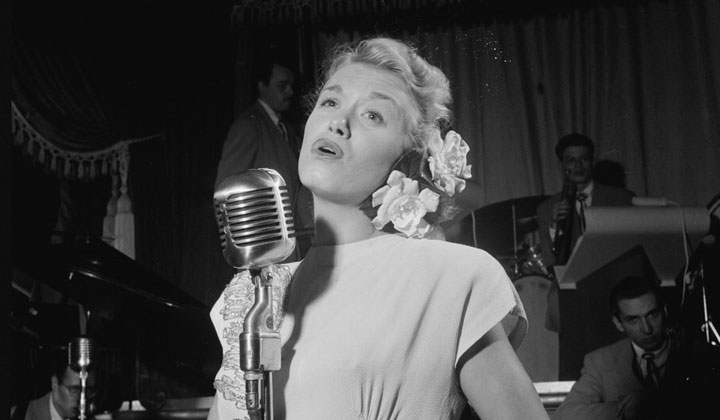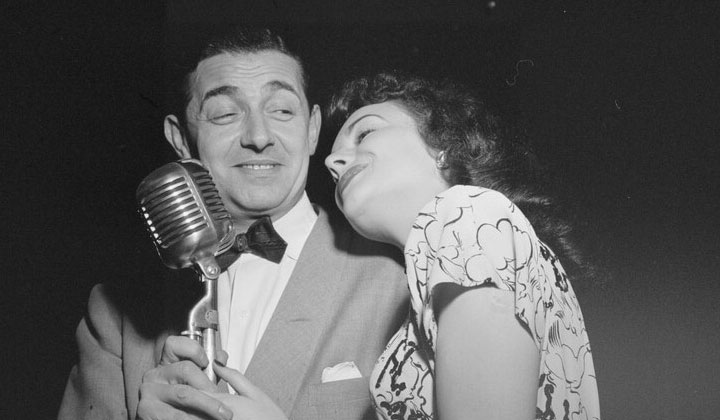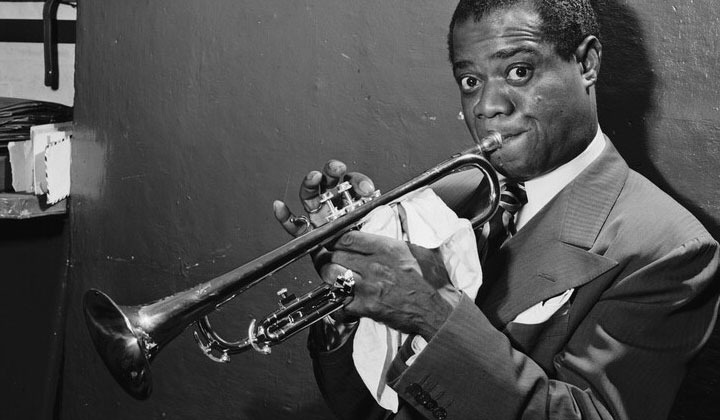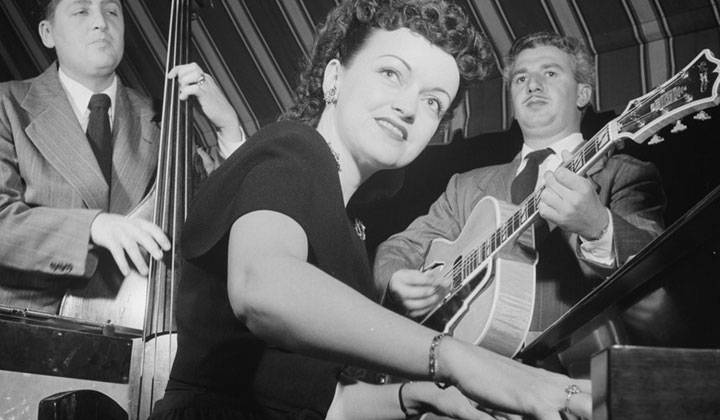Props to AudioTheme for providing the killer Promenade WordPress theme. Feel free to poke around, stream our music, and sign up for our newsletter. We have some exciting news coming down the pipeline soon. See you down the road.
The Song, Not The Singer

When Michael Jackson died in June 2009, each person who knew enough about his music and his life to have an opinion on either (that is to say, pretty much everyone all over the world) was forced to decide: Did his personal behavior detract from the value of the music he made? Did the increasingly bizarre plastic surgery make the pulsing beat of “Billie Jean” less danceable? Did the allegations of child abuse make “Man in the Mirror” less true? More than a year later, there is no clear consensus, and likely there never will be. Since the first caveman painted on a wall 32,000 years ago, we have sought and failed to separate our perception of art from our perception of those who create it. “I guess that’s a pretty good picture of a bison hunt,” some Paleolithic wag surely said, “but coming from Ogg, I’m just not sure. Isn’t he a vegetarian? What does he know about hunting?”
New tour dates posted

We just announced a handful of new tour dates in support of our latest album. Check ’em out here. See you down the road.
History of Popular Music

“The most significant feature of the emergent popular music industry of the late 18th and early 19th centuries was the extent of its focus on the commodity form of sheet music” The availability of inexpensive, widely available sheet music versions of popular songs and instrumental music pieces made it possible for music to be disseminated to a wide audience of amateur music-makers, who could play and sing popular music at home. In addition to the influence of sheet music, another factor was the increasing availability during the late 18th and early 19th century of public popular music performances in “pleasure gardens and dance halls, popular theatres and concert rooms”. The early popular music performers worked hand-in-hand with the sheet music industry to promote popular sheet music. One of the early popular music performers to attain widespread popularity was a Swedish opera singer Jenny Lind, who toured the US in the mid-19th century. During the 19th century, more people began getting involved in music by participating in amateur choirs or joining brass bands.
Source: Wikipedia
Thanks for all your support, we couldn’t do this without you
In Every Work of Genius We Recognize Our Own Rejected Thoughts

I read the other day some verses written by an eminent painter which were original and not conventional. The soul always hears an admonition in such lines, let the subject be what it may. The sentiment they instil is of more value than any thought they may contain.
To believe your own thought, to believe that what is true for you in your private heart is true for all men,—that is genius. Speak your latent conviction, and it shall be the universal sense; for the inmost in due time becomes the outmost, and our first thought is rendered back to us by the trumpets of the Last Judgment. Familiar as the voice of the mind is to each, the highest merit we ascribe to Moses, Plato and Milton is that they set at naught books and traditions, and spoke not what men, but what they thought. Continue reading

